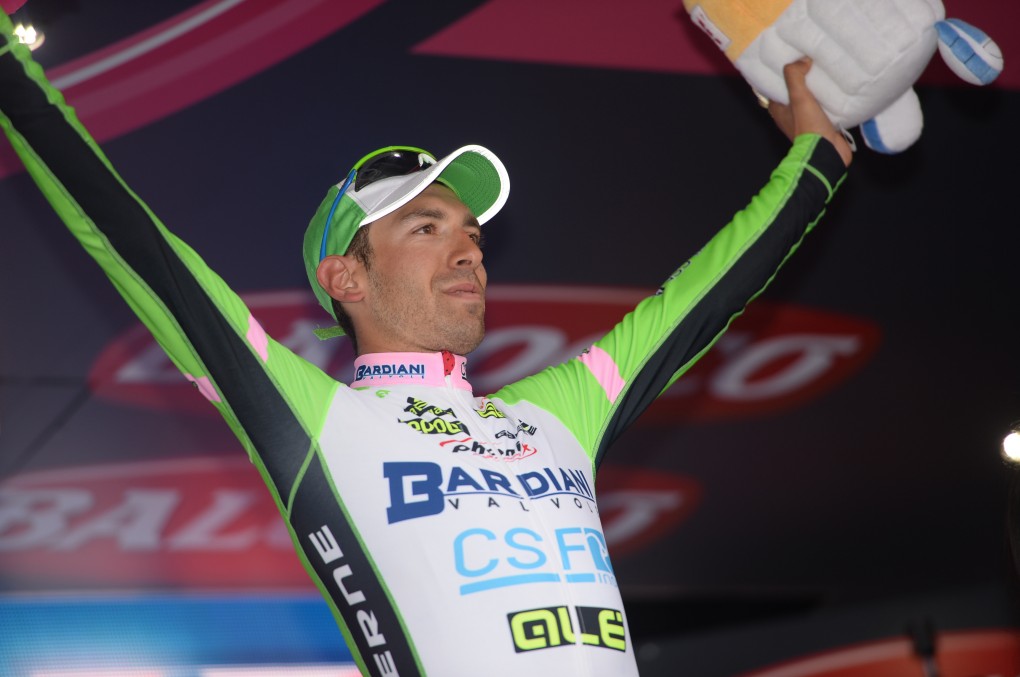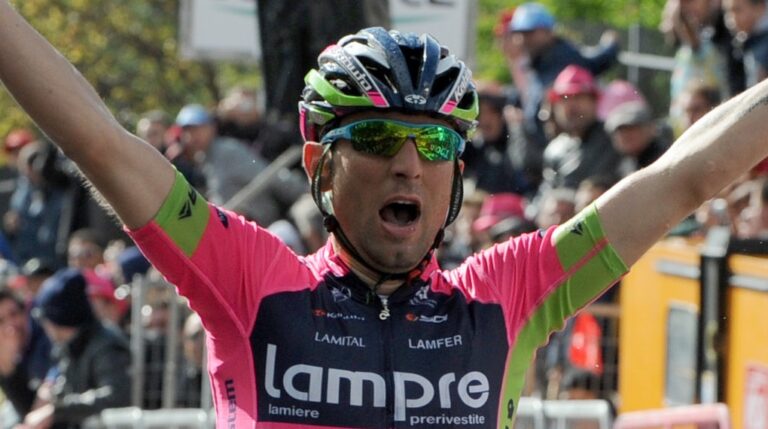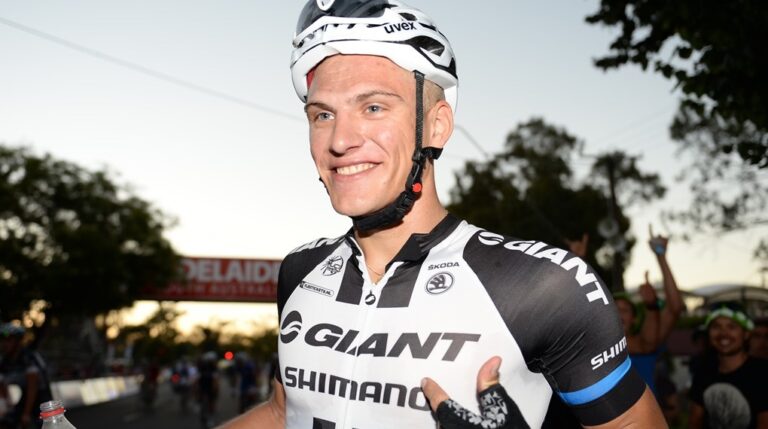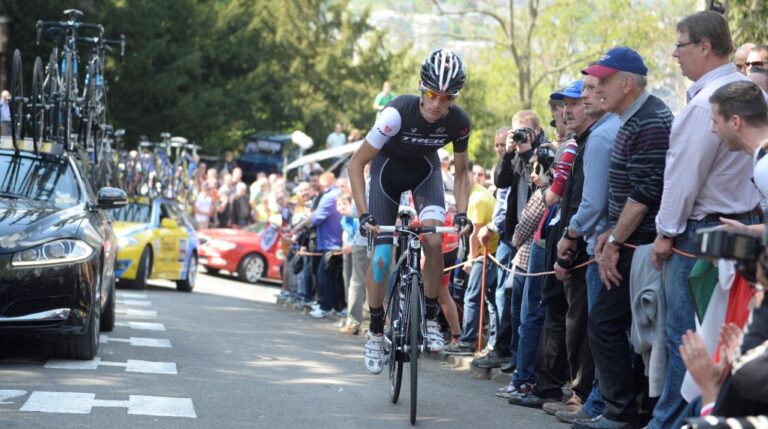Stefano Pirazzi’s stage 17 victory, attacking what remained of the day’s break inside the final kilometre, continued a trend of pro continental success this season.
For Pirazzi’s Bardiani-CSF team, it was their third success of this year’s Giro d’Italia, the Italian following team-mates Enrico Battaglin and Marco Canola in conquering some of the undulating stages on this year’s route.

Considering eyebrows were raised when the team were selected to join Androni Giacattoli-Venezuela, Team Colombia and Neri Sottoli as wildcard entrants on this year’ start line – IAM Cycling and MTN-Qhubeka two teams to miss out – it has been quite a return for the team in green.
But their success is not isolated, IAM Cycling have enjoyed success at WorldTour level this season, not least Mathias Frank’s fourth place overall at the Tour de Romandie.
The Swiss team of course boast a large budget, and have assembled a stellar cast of riders as a result – Sylvain Chavanel included.
But for former BMC Racing man Frank to have finished 12 seconds off the podium, in a race won by Chris Froome (Team Sky) is quite a result.
Had pro continental riders been allowed to accrue WorldTour points, his performance would have put him above the likes of Daniel Moreno (Katusha), Vincenzo Nibali (Astana) and Mark Cavendish (Omega Pharma-Quickstep) in the current world rankings.
And he is certainly not alone – 20 further riders have finished in positions this season that would have earned them WorldTour points, either on stages or overall.
So just how much has the gap between the WorldTour’s elite and the pro continental teams narrowed?
We have taken a closer look at some of the biggest Pro Continental teams over the following pages.





